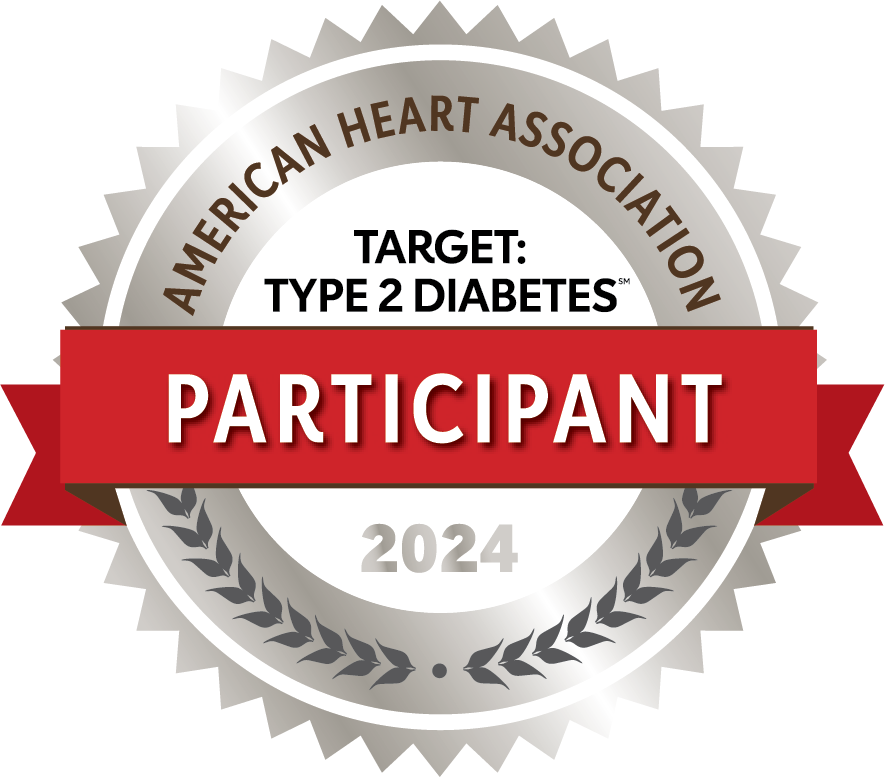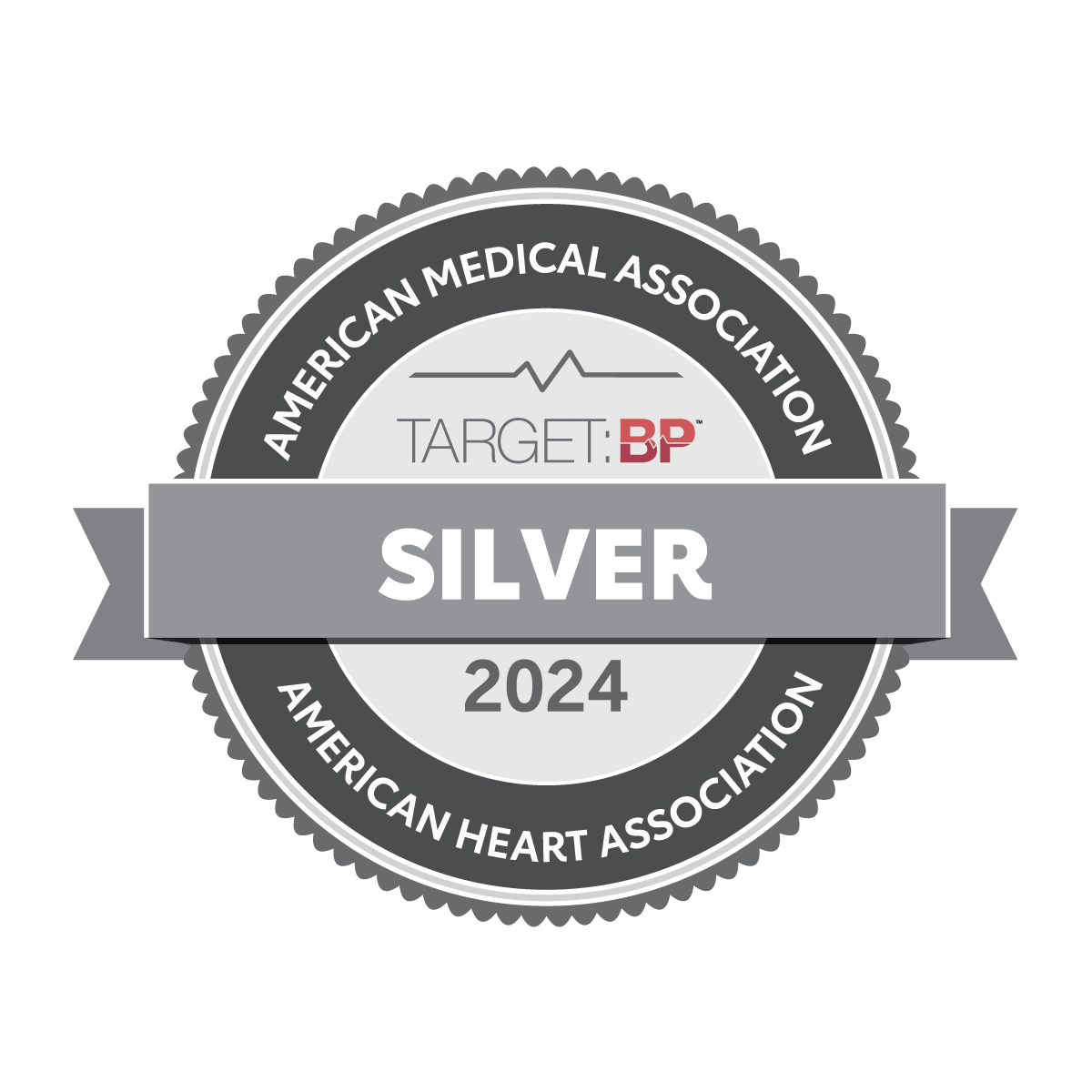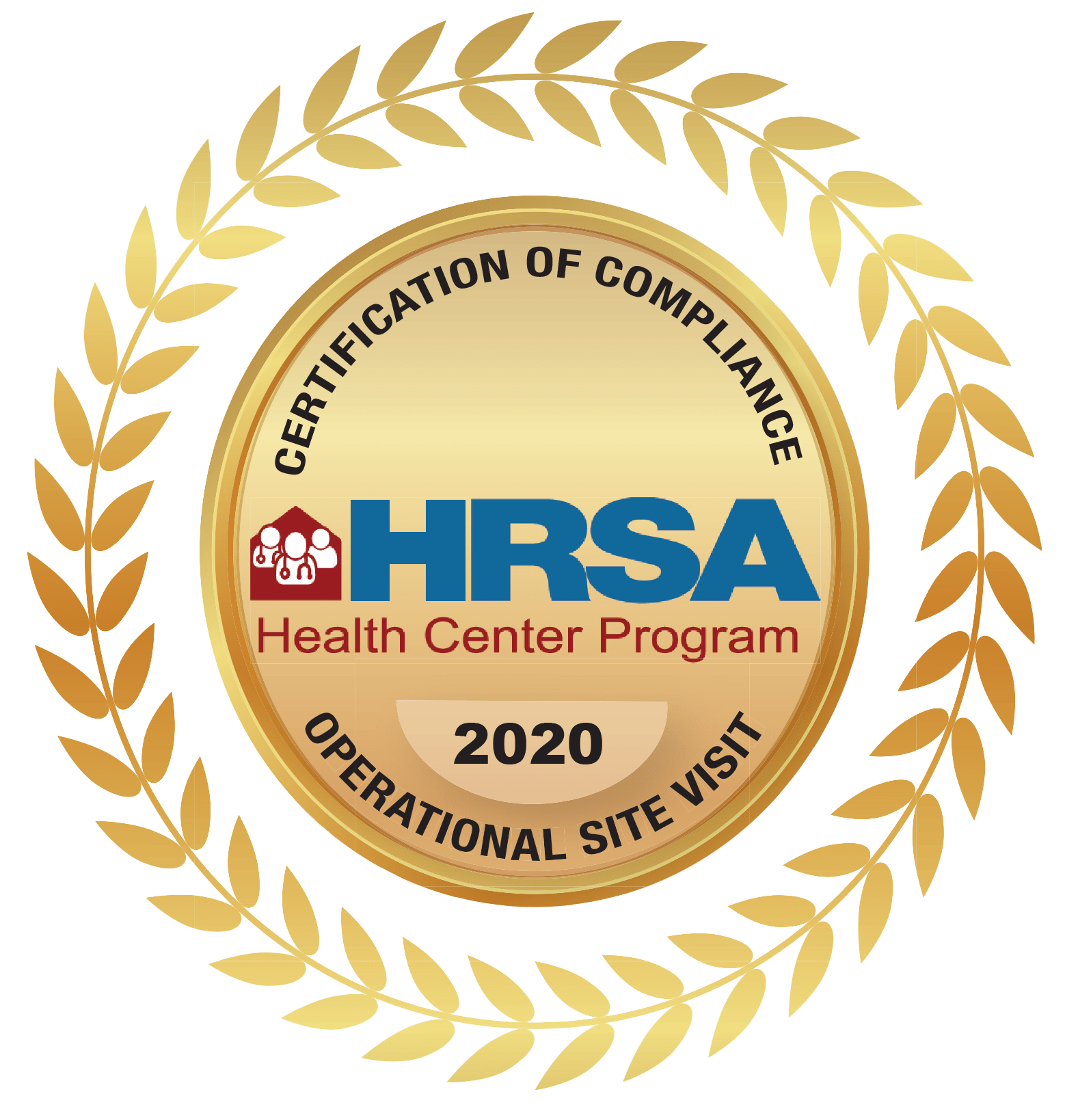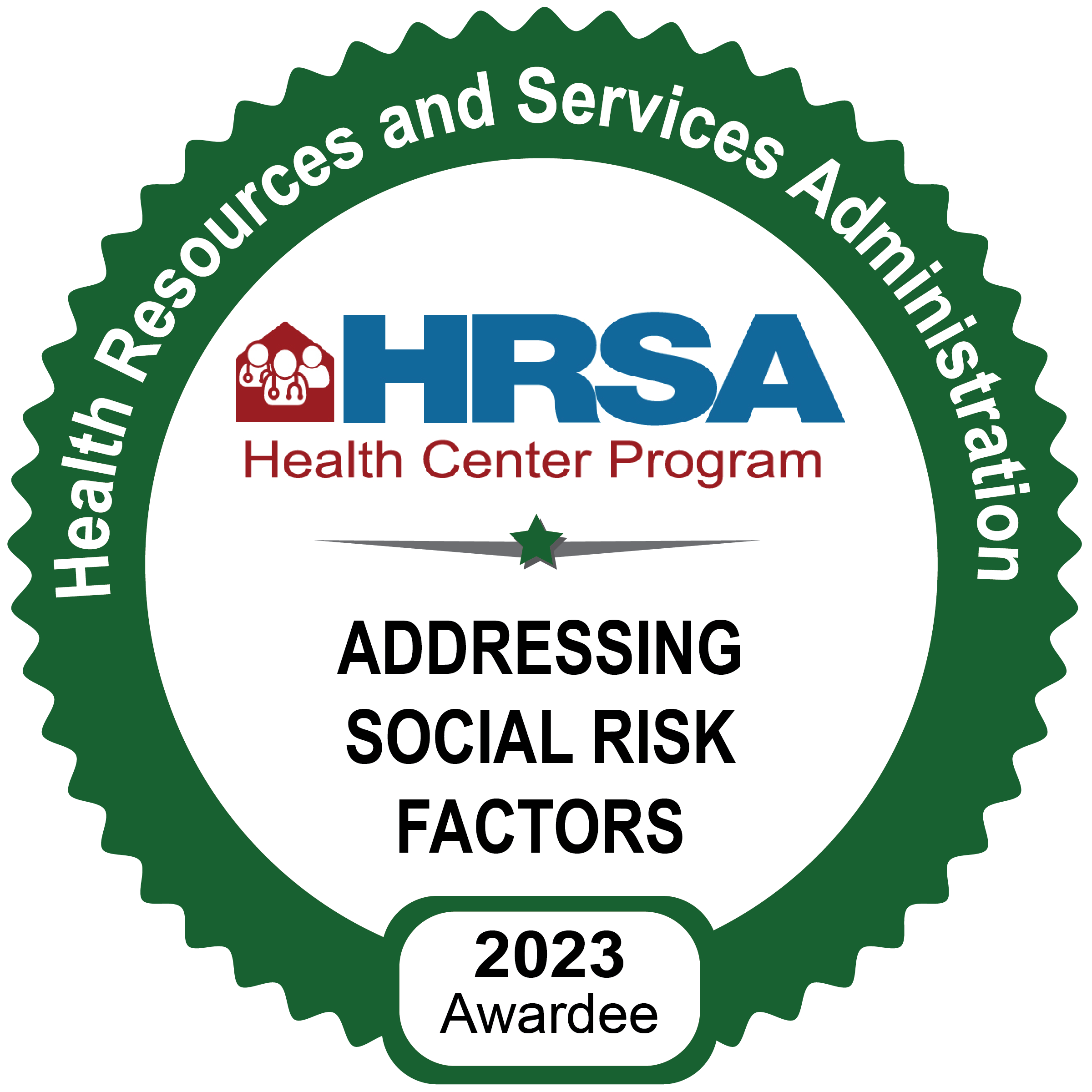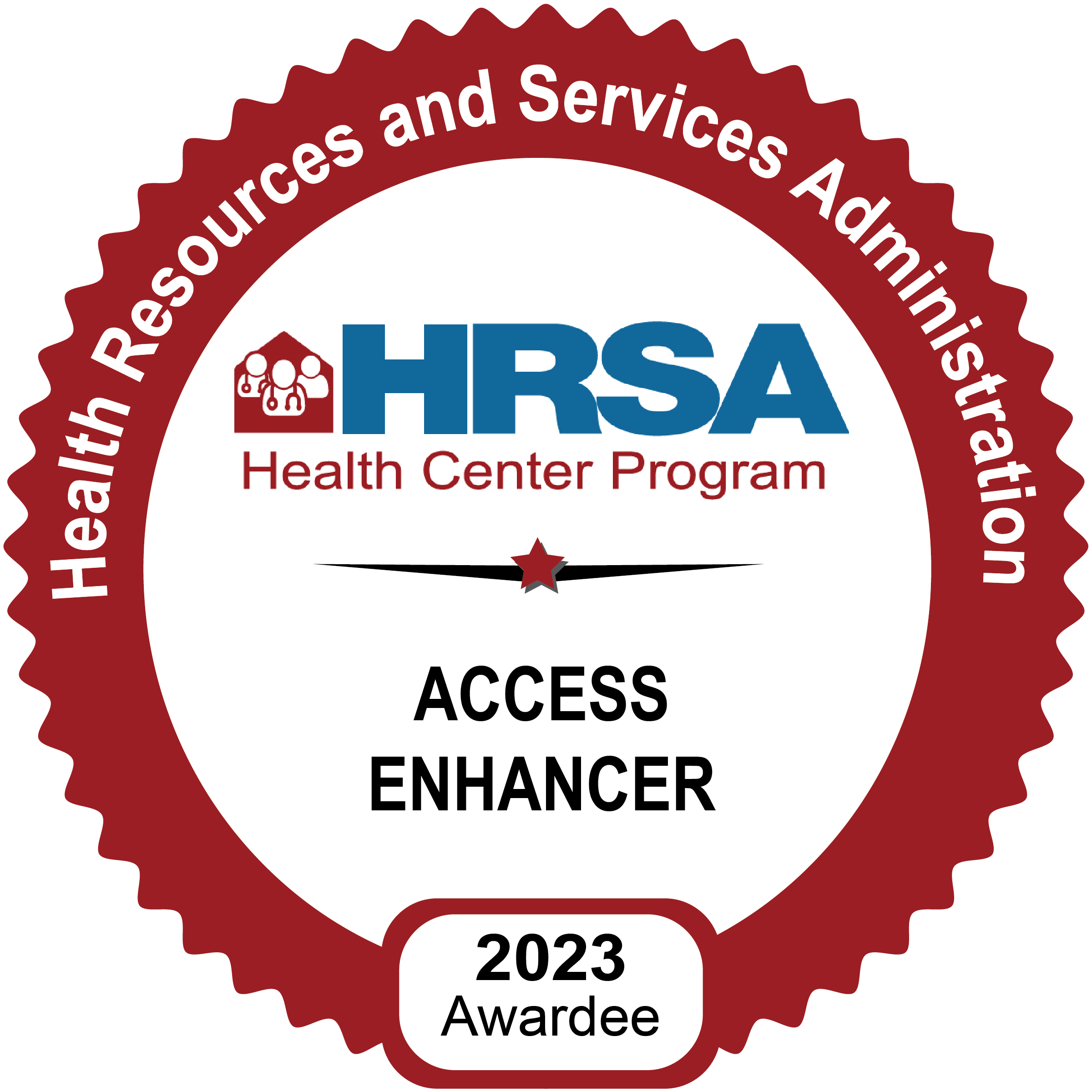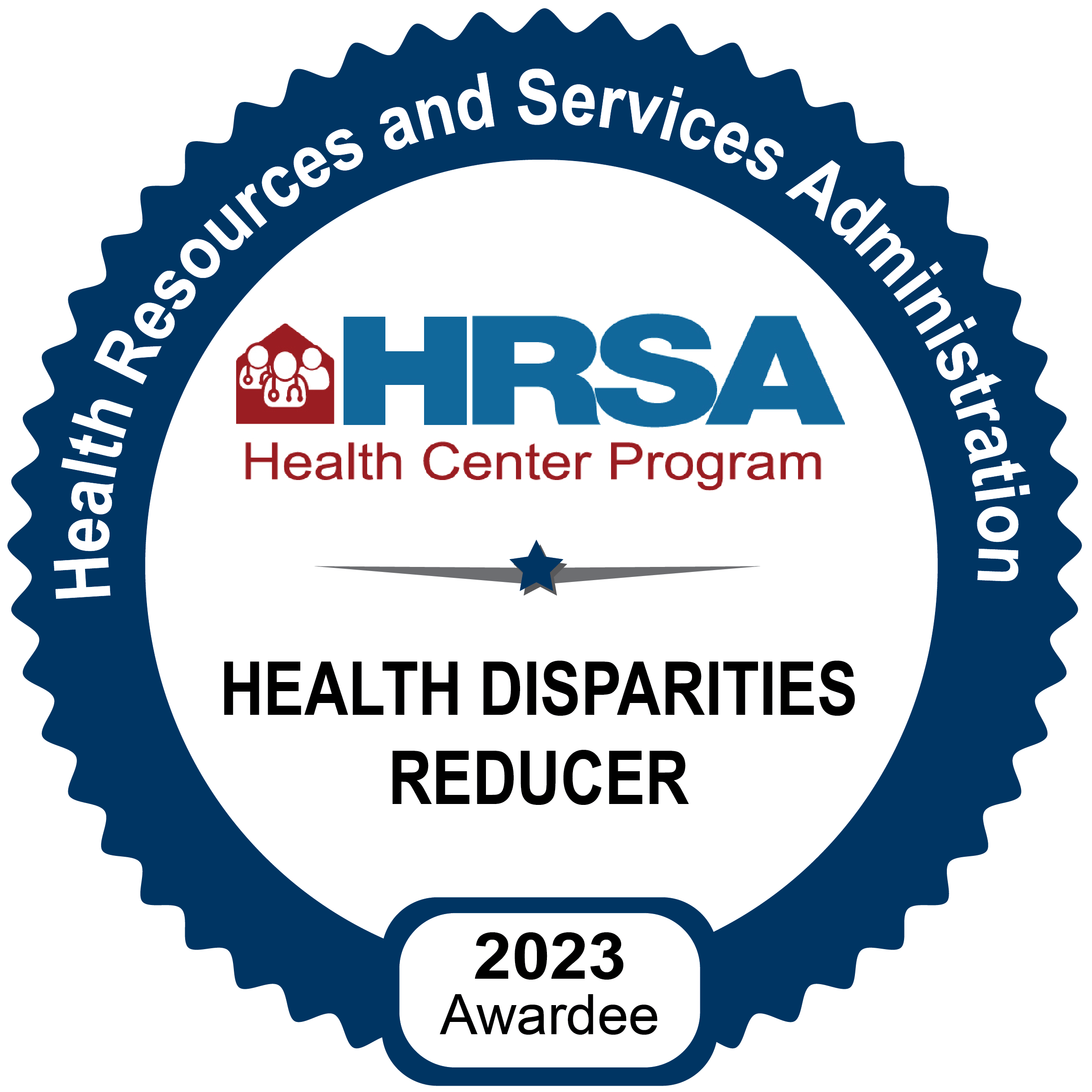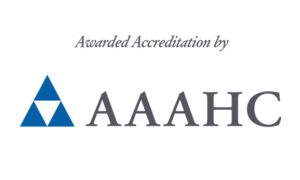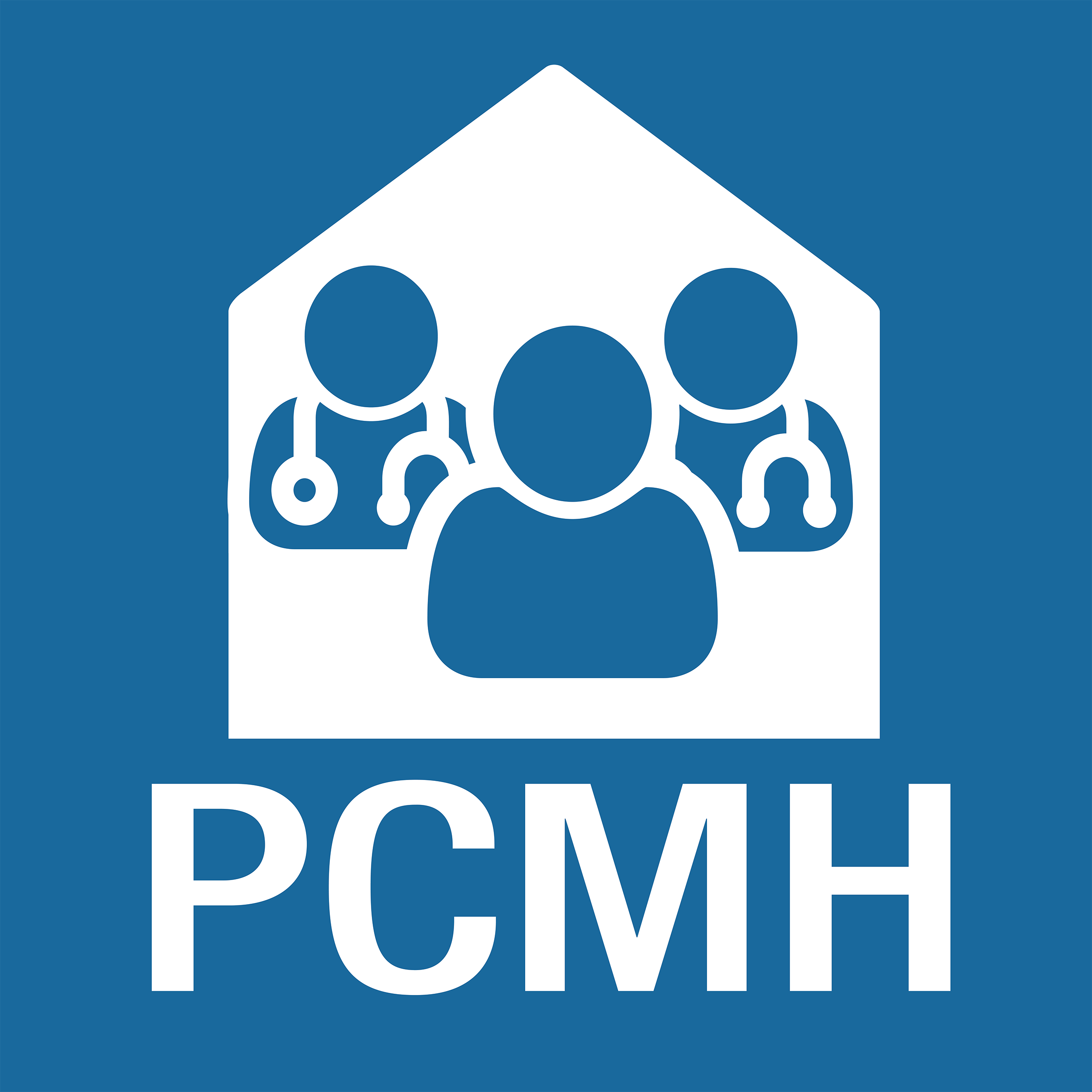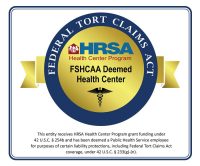Infants and toddlers are at risk for Baby Bottle tooth decay or cavities. This most often occurs in the upper front teeth, but other teeth can also be affected. But there are some things you can do to prevent it.
Tips From the American Dental Association.
- Don’t share saliva with the baby through a feeding spoon and don’t lick the pacifier before giving it to the baby. This reduces the number of bacteria being transferred to the baby.
- After each feeding, wipe the baby’s gum with a clean, damp gauze pad or washcloth.
- When your child’s teeth begin to come through, brush them gently with child size toothbrush and water. Consult with a pediatrician or dentist if you are considering using fluoride toothpaste before age 2. Once your child can be counted on to spit and not swallow the toothpaste, begin brushing his or her teeth with a pea-sized amount of toothpaste. Brush your child’s teeth until he or she is at least 6 years old.
- Place only formula, milk or breast milk in bottles. Avoid filling the bottle with sugar water, juice or soft drinks.
- Infants should finish their bedtime and naptime bottles before going to sleep.
- Don’t dip your child’s pacifier in sugar, honey or your mouth before giving it to them.
- Encourage your child to drink from a cup by age 1 and discourage frequent or prolonged use of a training or sippy cup.
- Provide a diet with plenty of vegetables, fruit and whole grains. Serve nutritious snacks and limit sweets to mealtimes.
- Ensure that your child has adequate exposure to fluoride. Discuss this need with your dentist or pediatrician.


